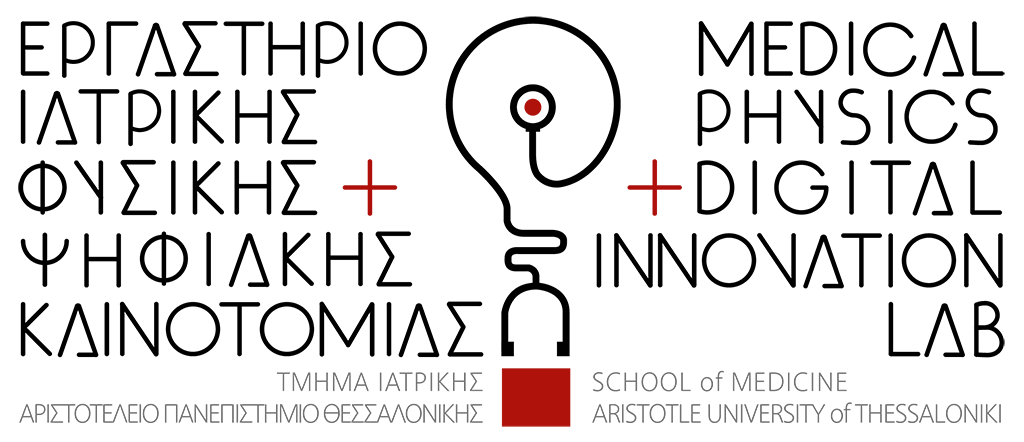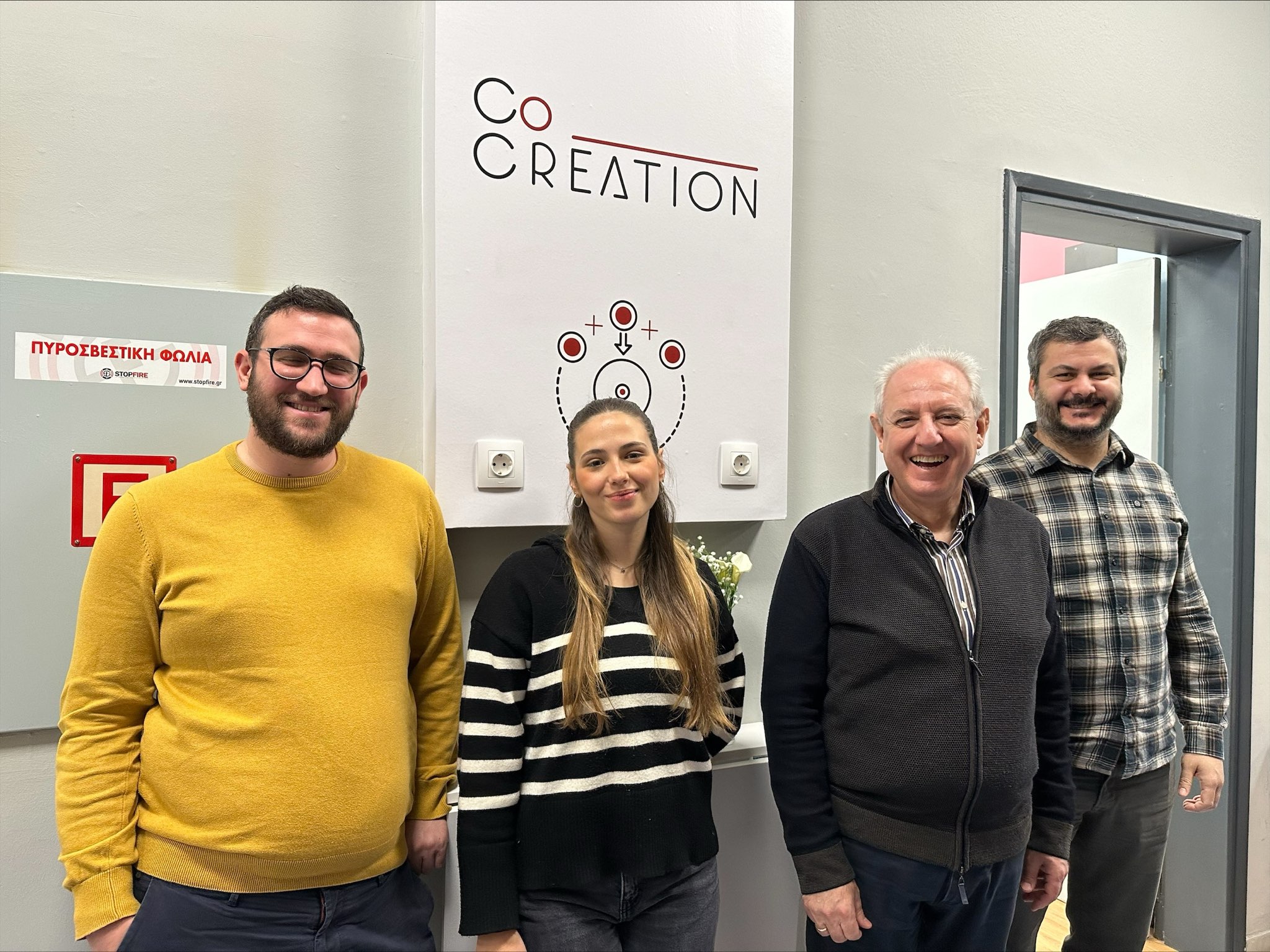We take immense pride in fostering an environment where aspiring minds converge to push the boundaries of biomedical engineering. From August 28th, 2023, to February 15th, 2024, we had the privilege of welcoming Helena Benito Escribá into our fold, and her journey with us has been nothing short of remarkable.
Here is Helena's firsthand account of her enriching journey with us:
"I consider my experience in the 'Medical Physics and Digital Innovation lab at the University of Aristotle in Thessaloniki, Greece, to have been of great interest for my professional and personal development as a biomedical engineer.
During my stay here, I have been involved in a research project called LifeChamps. This project focuses on monitoring cancer survivors over the age of 65 to study various aspects of their daily life, such as time spent on certain activities and time spent in different areas, with the aim of detecting possible symptoms of depression, frailty, among others, in order to develop a clinical decision support tool for this group of people.
My specific role in this project has been the analysis of biomedical data, mainly focused on participants' television viewing time. During these six months, I have acquired programming skills using Python, a tool which I came in not knowing how to use and not having used during my degree. I have taken several Python courses to improve my skills in this programming language. In addition, I have learned about data analysis and gained experience in reading and understanding scientific articles, especially those related to the LifeChamps project and other areas of research in the lab.
In terms of activities, I carried out data cleaning and analysis of the study participants' data, mainly by developing Python code. This involved the use of statistical and data analysis techniques to identify patterns and trends related to television viewing time and its possible relationship with the symptoms sought to be detected in the study, also familiarising myself with PROMs (instruments that measure patient perceptions of their health status, symptoms, level of autonomy or capabilities, wellbeing or health-related quality of life).
As for the training received, it has been very comprehensive. I have had the opportunity to learn from experts in the field of medical research and digital innovation. The training has been both theoretical (thanks to the courses I have taken) and practical (putting it into practice within a real research project), which has allowed me to acquire solid technical skills and to understand the broader context of health research.
Overall, I consider this traineeship to have been enriching, as I have had the opportunity to work on a relevant research project and have been able to make a significant contribution to the team.
I would like to thank the constant support from my supervisors, Antonis Billis and especially George Petridis, who facilitated my learning and integration into the lab. This experience has helped me to enter the world of research and understand how it works from the inside, preparing me for future opportunities in the field and entering the world of work for the first time."

